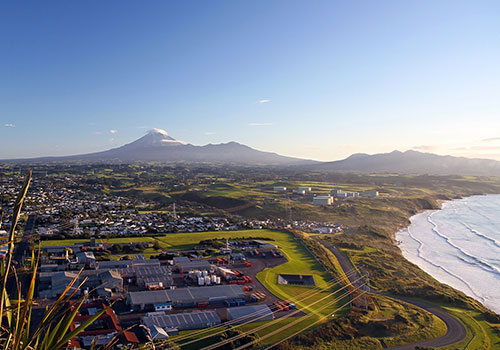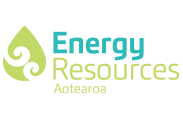What does 'production' mean?
‘Production’ is an industry word that refers to the process where the raw oil, gas and water mix that comes out of any well is separated into its constituent parts, in preparation for distribution to refineries or energy distributors, or disposal of waste products.
Within the industry, ‘Production’ usually refers to the factory-like installations that are surrounded by pipes. These pipes retriculate and distribute the oil, gas and water through their separation processes.
Once complete, the separated oil and gas are transported, either by pipe or by truck, to the nearest port for export to refineries (predominantly in Australia and Singapore) or for further processing and/or distribution in New Zealand.













